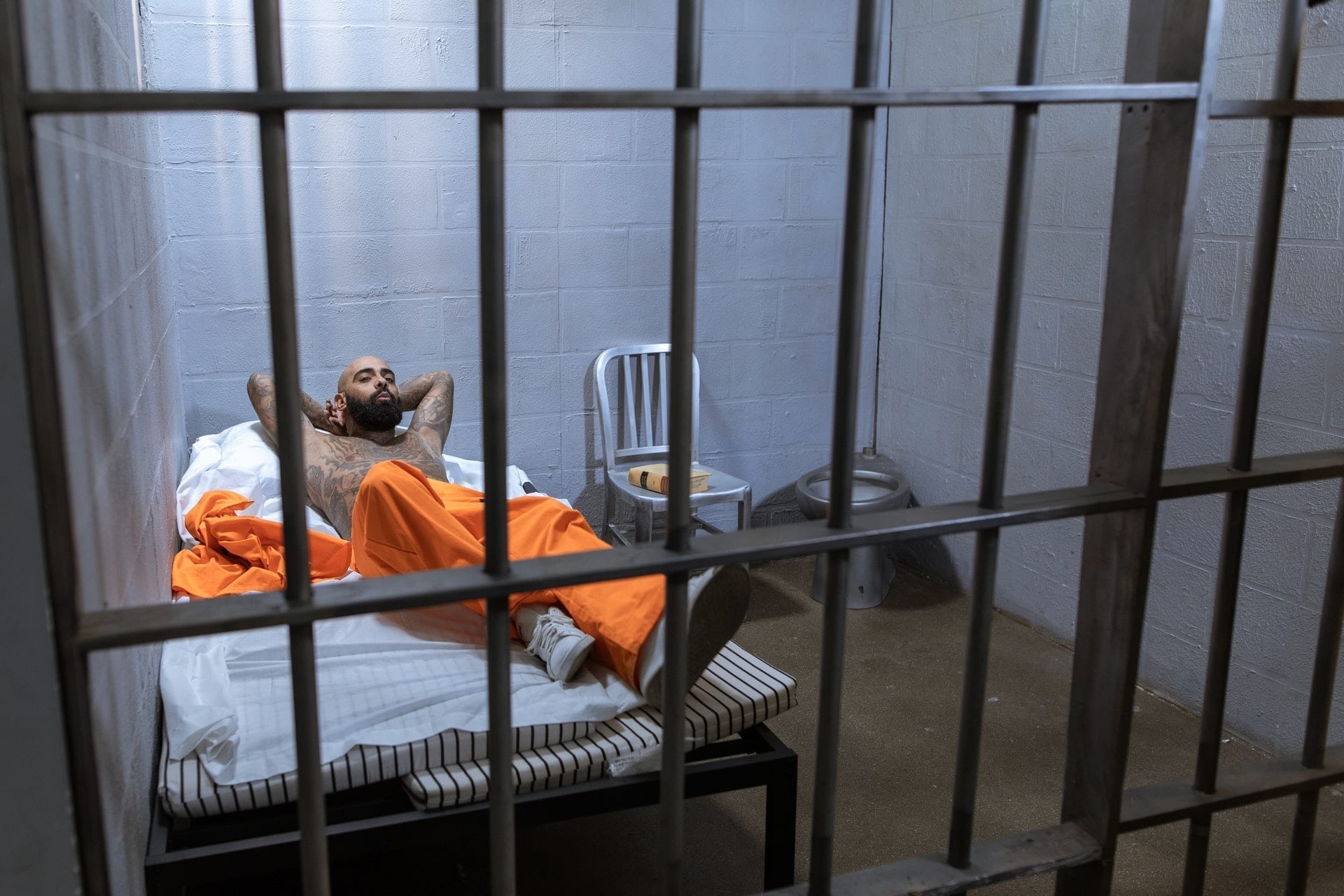Yes. You can file a lawsuit about the conditions in solitary confinement. Even in solitary, you still have rights. If someone violates your rights, you can sue. However, the laws can make it difficult to do so.
What are the conditions in solitary like?
The conditions of solitary confinement vary depending on where you are. But overall, there are some conditions that are common in most facilities.
- Hours. You’ll spend 22 to 24 hours a day in your cell by yourself. During this time, you will eat, bathe and use the bathroom in your cell. Sometimes, you will get the chance to go out for exercise. Often, this will be by yourself as well.
- Work. Most of the time, people in solitary cannot work jobs in the prison. This means you won’t be able to earn any money for your commissary fund.
- Meetings. When you are in the general prison population, you can meet with people such as the chaplain or nurses as you need to. But in solitary, those people will need to come to you. You likely won’t be able to participate in other activities or meetings.
When can you sue over the conditions in solitary?
You can file a lawsuit over the conditions in solitary confinement at any time. But these lawsuits are very hard to win This is due, in part, to the Prison Litigation Reform Act (PLRA). This law makes it much harder for prisoners to sue government officials.
The PLRA has what is called an “exhaustion requirement.” This means that you must try every administrative path to resolve your issue before filing a lawsuit. Because of this requirement, you have to go through the in-prison administrative process first. If you do not, the court will dismiss your suit.

How do you file a lawsuit about solitary confinement conditions?
You may still want to file a lawsuit over your conditions in solitary confinement. While it might be difficult, there is still a chance you will succeed. But to do so, you will need to follow a process.
- Learn the administrative remedies. Before you can sue successfully, you will need to complete the exhaustion requirement. This means trying every possible route to handle your complaint within the prison. You will first need to learn what those remedies are for your system.
- Exhaust the administrative options. You will need to go through each option completely. This might mean filing a formal grievance or complaint. It could mean having a hearing with prison administration. Whatever it is, you must complete each step before you can sue.
- Prepare your suit. After you have finished the exhaustion requirement, you can file a lawsuit. You can only sue based on claims that have gone through the administrative process. If you are in a state system, you can file a Section 1983 suit. However, if you are in the federal system, you will need to file a Bivens motion instead.
- Pay your fees. Another part of the PLRA is that it requires prisoners to pay certain court fees in full. If you cannot afford to pay your fees all at once, you can pay them in forma pauperis. This means that you will pay over time in installments.
- Wait for trial. Your case will take some time. Different courts have different processing times. Eventually, your case will go to trial, but you may have other hearings as well. If you win, a judge will grant you relief. This may come in the form of money damages. It could also be an injunction against the official or agency that injured you.
One important thing to keep in mind is that the PLRA places limits on how many times you can sue “frivolously.” Among other things, this means that a court will determine whether you had a good reason for filing your lawsuit. If you file three suits that the court considers frivolous, you can lose your right to pay your fees in forma pauperis.
The Takeaway:
You can sue over conditions in solitary confinement. However, the PLRA makes it difficult to do so. You must first exhaust all administrative remedies before you can sue. If you are in a state system, you will use a Section 1983 lawsuit. In the federal system, you will use a Bivens motion.






